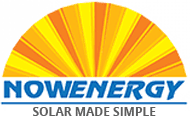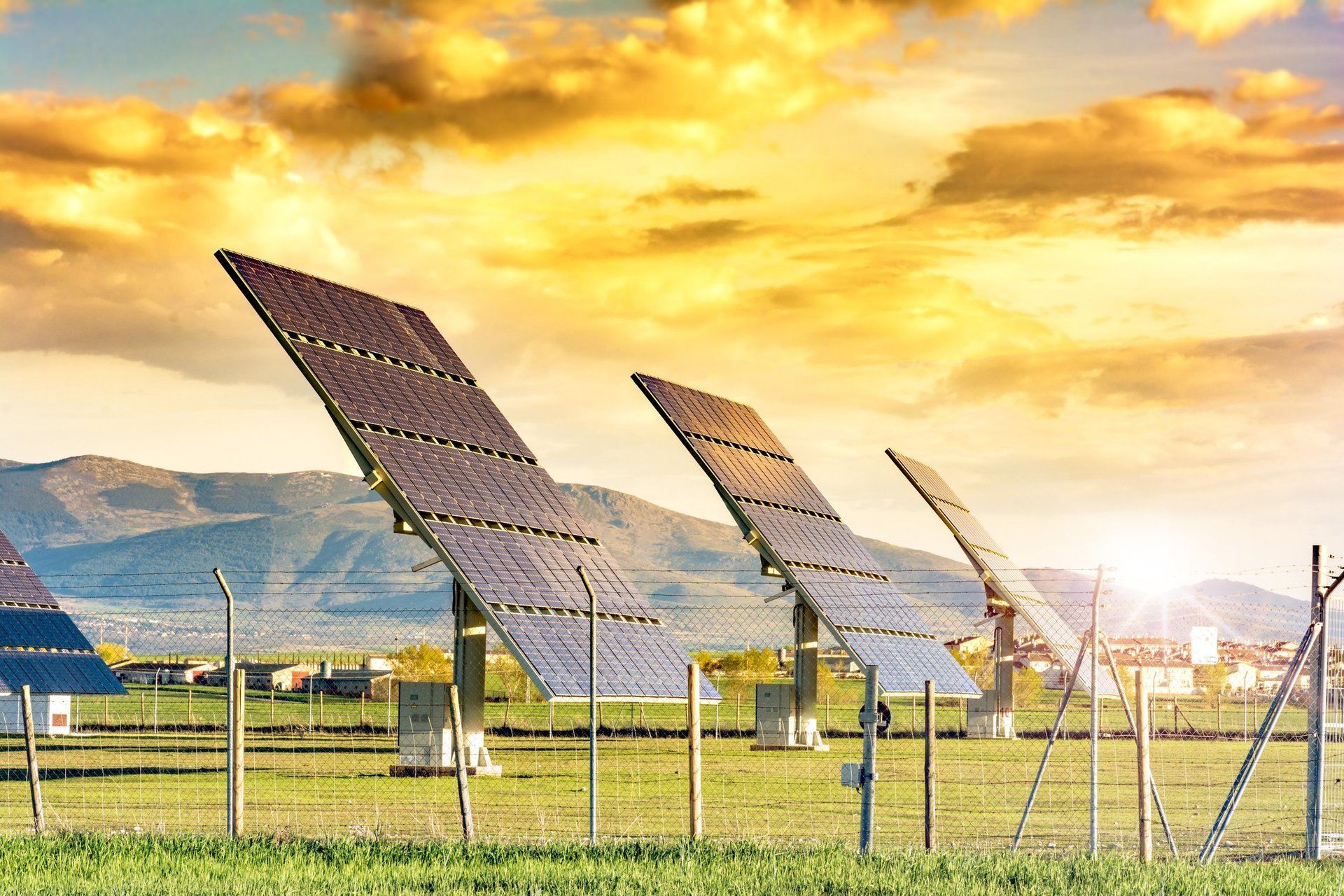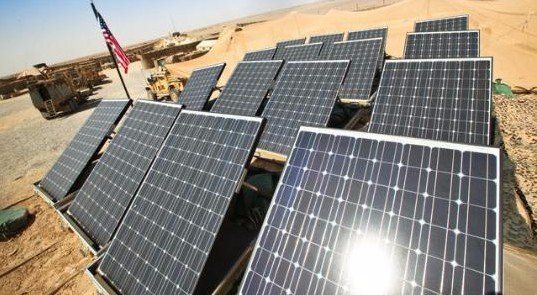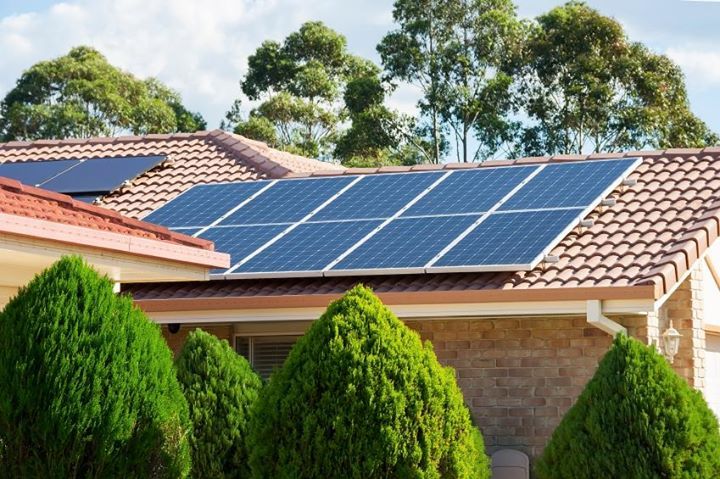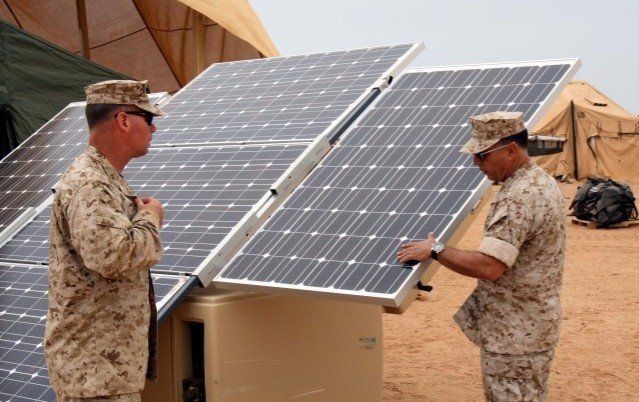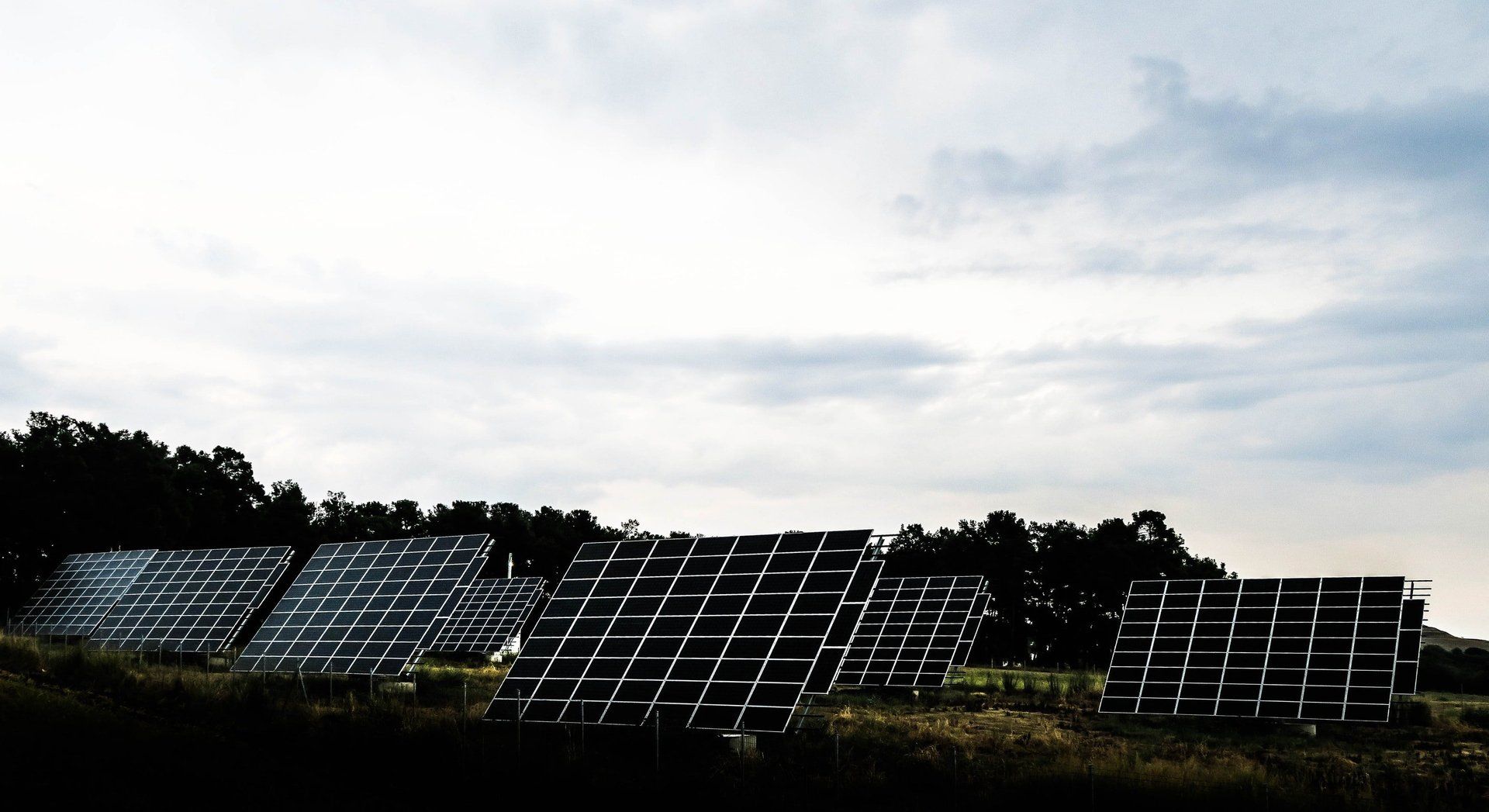What Happens to Your Recyclables?
- By 7041857947
- •
- 01 Dec, 2017
- •
Ever wondered how your discarded items are recycled into new products? Read more to find out.
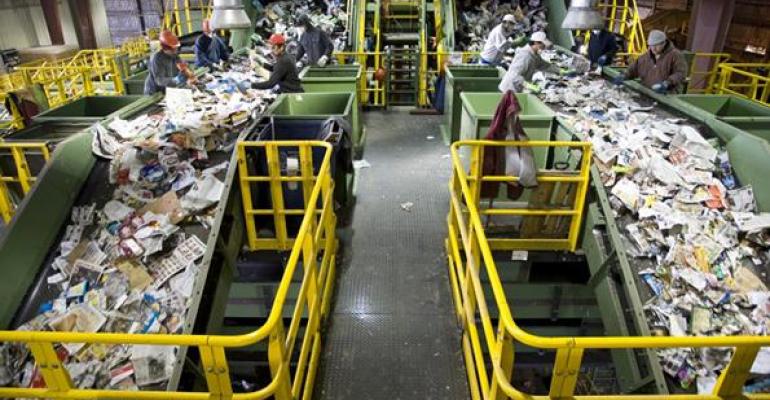
Obviously recycling is important, we have all been told that. However, it can be difficult to know what can and cannot be recycled and many times we opt to throw things away instead of trying to figure out whether or not they belong in the recycling bin. Luckily for you, we here at Now Energy LLC have created a short info guide to help explain what can and cannot be recycled.
Paper
According to the Environmental Protection Agency (EPA), paper products make up about 71 million tons or 29 percent of the municipal waste stream. These products includes corrugated cardboard, magazines, printer paper, newspapers, paperboard, dairy and juice cartons, mail, and phone books, among other things.
All of these products go through more or less the same process to be recycled. First they are re-pulped to separate the fibers, then the fibers are cleaned to eliminate contaminants and remove ink. After that, the fibers are pressed and rolled out into paper which is used to create new products.
Things like napkins, tissues, paper towels, takeout containers, and wax paper cannot be recycled because they have been contaminated with food or bodily fluids.
Plastic
Every year enough plastic film is produced to shrink-wrap Texas. Plastic is not biodegradable, it will take hundred of years for them to decompose in a landfill which is why it is so important to recycle it. Plastics are quite a bit more complicated to recycle than paper. They come in various chemical formulations all of which require different processes to be recycled.
It is best to rinse out your bottles and jugs before recycling. Some programs prefer you remove the cap from plastic bottles. It’s better to return plastic grocery bags or produce sacks to the store if you are done with them. You cannot recycle plastic tableware or styrofoam.
Glass
When glass is recycled, it is taken to a plant to be broken up into smaller pieces called cullet. The cullet is mixed with raw material to produce new glass products. Cullet melts at a lower temperature than glass made from all new, raw materials. Therefore, it takes less energy to to melt it.
There are several glass products that should not be recycled. These include ceramics, heat-resistant glass, and mirrors among other things.
These are just some of the types of products that can and cannot be recycled. It is always best to check with your local recycling plant to know exactly what types of products they will or will not accept.
